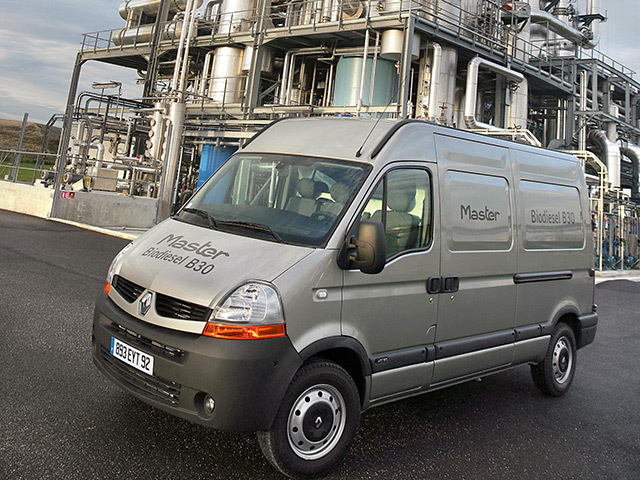
A European Parliament vote on capping the amount of biofuels made from food crops has been criticised by campaigners on both sides of the debate.
EU politicians today voted in favour of restricting the share of biofuels in cars and trucks to 5.5% by 2020 – almost half the previous target of 10% set in 2009.
The decision has caused anger among biofuel producers and suppliers at the policy u-turn, who say the level is too low and will have a major impact on investment and jobs in the sector.
“Today’s vote is very disappointing for so much of the UK biofuels industry,” said Clare Wenner, head of renewable transport for the Renewable Energy Association.
“It will ensure that fossil fuels continue to dominate transport for the foreseeable future and it will reduce the stimulus for investments in improving agricultural yields and practices.
“These final proposals are a conceptually flawed attempt to force European biofuel developers to pay for the assumed emissions of other industries in other regions of the world. They will put committed investments in agricultural biofuels and future investments in advanced biofuels at extreme risk across Europe – as well as all the jobs that go with them.
“So-called green campaigners have well and truly shot themselves in the foot with this pyrrhic victory.”
But the cap was criticised for not going far enough by some campaigners, who want a complete ban on crop-based biofuels because of the demand for crops they produce, impacting on food production and raising food prices.
“Today’s vote falls short of what is needed to put the brakes on growing European demand for biofuels, allowing an expensive and failed policy to go on fuelling hunger and land grabs in poor countries,” said Oxfam biofuels expert Marc Olivier Herman.
“Now it is up to all MEPs to resist this pressure ahead of the crucial vote in September and vote for no more food for fuel,”
Research since the original 10% target was set in 2009 have highlighted possible environmental damage caused by some biofuels, an industry worth £11billion across the continent.
A study by the European Commission’s in-house Joint Research Centre said that biodiesel made from crops such as rapeseed does more harm to the climate than conventional diesel, while fuels made from cereals and sugar crops have much lower carbon emissions than those from vegetable oils.
The committee vote included the introduction of indirect land-use change rules into the 5.5% cap.
The vote in favour by the parliament’s environment committee will now go to a plenary vote, which could see amendments introduced this September.